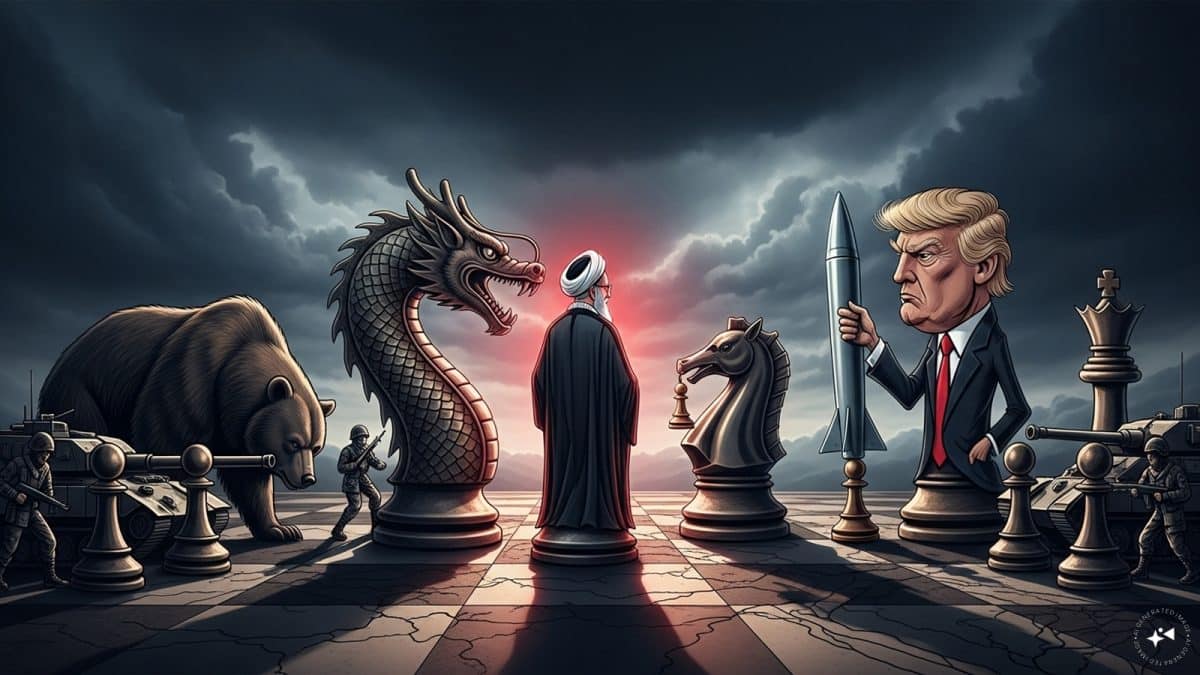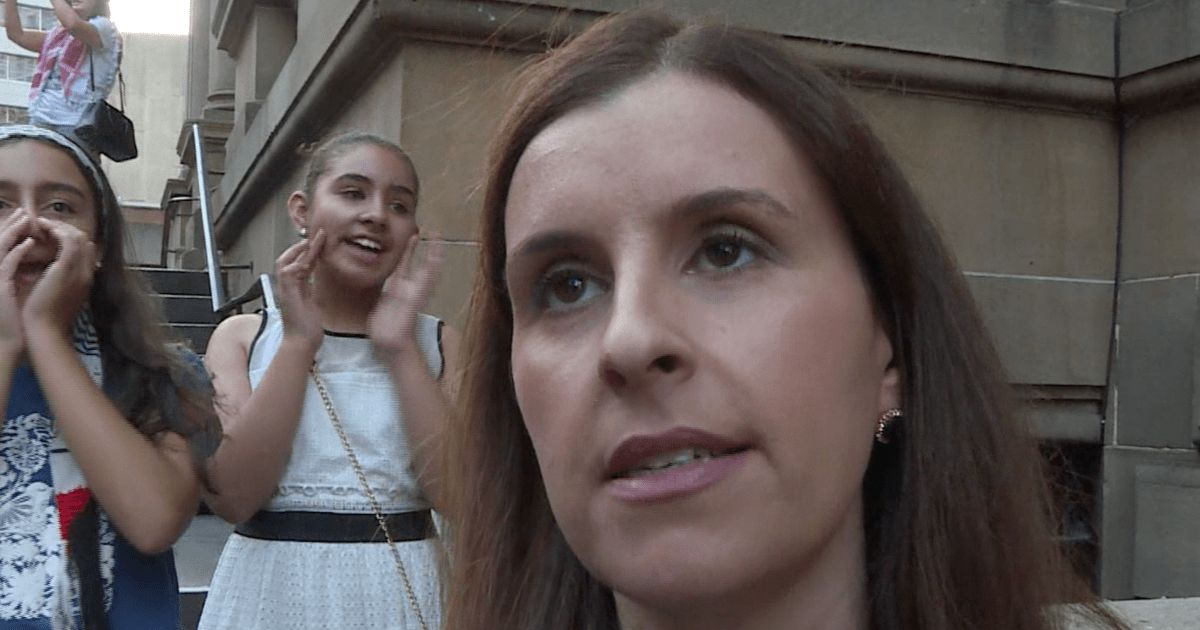- Sudan Protection Cluster – Humanitarian Needs and Response Plan 2026 ReliefWeb
- The world is ignoring the Sudan war The Telegraph
- One thousand days of conflict push Sudan’s health system toward collapse News-Medical
- Insecurity displaces nearly…
Category: 2. World
-
Sudan Protection Cluster – Humanitarian Needs and Response Plan 2026 – ReliefWeb
-
Sudan Protection Cluster – Humanitarian Needs and Response Plan (January 2026) – ReliefWeb
- Sudan Protection Cluster – Humanitarian Needs and Response Plan (January 2026) ReliefWeb
- The world is ignoring the Sudan war The Telegraph
- Dozens killed, 8,000 displaced as fighting escalates in Sudan’s North Darfur, UN says Arab News PK
- WHO…
Continue Reading
-

Tuesday’s papers: Finland summons ambassador, plus-sized shopping and payment in kind | Yle News
Domestic media span stories from unrest in Iran to the challenges of plus-size shopping.
Winter dressing presents added hurdles for people who are plus-sized. Image: Matti Myller / Yle Finland has summoned Iran’s ambassador in…
Continue Reading
-

Russia cornered, Trump weighs military options — will China take the bullet for Ayatollah? – Firstpost
As mass protests sweep Iran, the country appears geopolitically weakened, with its traditional partners offering little assurance of decisive support. While
US President Donald Trump weighs military options, neither Russia nor China seems willing…Continue Reading
-
Trump says nations doing business with Iran face 25% tariff on US trade – Reuters
- Trump says nations doing business with Iran face 25% tariff on US trade Reuters
- Iran protests updates: Trump slaps US tariff Iran’s trading partners Al Jazeera
- Trump announces tariffs on Iran trade partners as protest toll rises Dawn
- Trump…
Continue Reading
-

Pangasinan Launches ‘Benteng Bigas, Meron Na!’ Project with DA
LINGAYEN, PANGASINAN – The Pangasinan Provincial Government led by Governor Ramon V. Guico III and the Department of Agriculture (DA) signed a Memorandum of Agreement (MOA) on January 13, for the implementation of the “Benteng Bigas,…
Continue Reading
-

Trump says countries doing business with Iran face 25% tariff on US trade | Trump tariffs
Donald Trump has said any country that does business with Iran will face a tariff rate of 25% on trade with the US, as Washington weighs a response to the situation in Iran, which is seeing its biggest anti-government protests in years.
Continue Reading
-

Australian writers’ festival cancelled after Palestinian author axed | Arts and Culture News
A top writers’ festival in Australia has been called off amid controversy over the cancellation of a scheduled appearance by a prominent Australian Palestinian activist and author.
The organisers of Adelaide Writers’ Week said on Tuesday that…
Continue Reading
-
Trump announces tariffs on Iran trade partners as protest toll rises – Dawn
- Trump announces tariffs on Iran trade partners as protest toll rises Dawn
- Trump says nations doing business with Iran face 25pc tariff on US trade Dawn
- Iran protests updates: Trump slaps US tariff on Iran’s trading partners Al Jazeera
- Trump…
Continue Reading
-
Iran open to nuclear talks with US: Abbas Araghchi – RADIO PAKISTAN
- Iran open to nuclear talks with US: Abbas Araghchi RADIO PAKISTAN
- Iran latest: Almost 650 killed in protests, rights group says, as supreme leader issues warning to US BBC
- Trump says US considering ‘very strong options’ for Iran Al Jazeera
Continue Reading